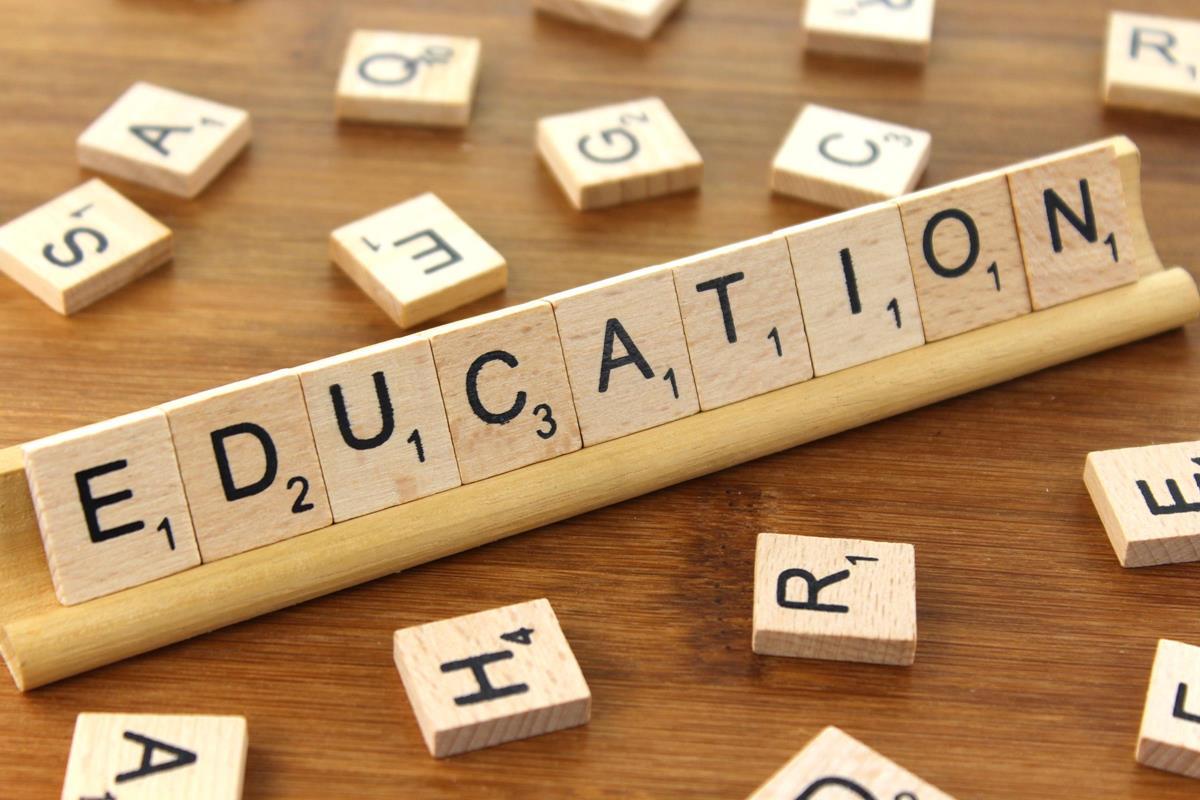The Flaws of Education
January 13, 2020
Often, as they frantically scribble down their Math homework at 2 AM, unsure of whether or not it will be taken up the next day, many students wonder what the purpose of their education is anyway. When struggling through a reading of Sir Gawain and the Green Knight, the crushing futility of all of their work seems to hit them like a truck. After their graduation in early May, most of the knowledge acquired in school will be utterly useless to them. So, what is the point of putting in the blood, sweat, and tears now, especially if they aren’t planning on going to a top school? In fact, what is the point of going to school and slogging through those mind-numbingly boring classes if a lot of that information won’t be used later in life? What is the point of paying attention to Macbeth or remembering why Robert E. Lee joined the Confederacy if I’m planning to go into a STEM-related profession? Why should I care about the two different ways of finding a derivative if I’m planning on becoming a History major?
These kinds of questions often arise with no answer as many students are raised amid the crumbling ruins of an education system that has been destroyed by standardized testing. Rather than educating its students about the society that they live in and teaching them to think critically about the world around them, our education system has been warped into a terrifying machine that emphasizes the value of high test scores and GPAs while severely neglecting the moral and social importance of the lessons that it teaches. The purpose of education is to create upstanding members of society who can critically think about the world around them and develop solutions to the problems that may face them. High schools have changed from places where students can grow and become upstanding members of society into meat grinders that take students and turn them into a bland set of test scores, GPAs, and extracurriculars to be served up to strangers on a college admissions board. As a result of this change, the mindset of students has turned into something a bit more cynical as well. A student that does a plurality of clubs and extracurriculars isn’t someone who enjoys doing many things. He’s now someone attempting to pad his resumé for colleges. Suddenly, extracurriculars aren’t things that take a student’s mind off of school. They’re just another thing to worry about. Community service has become a great example of this new, cutthroat mindset in students. It is no longer a way to give back to the community; it has become another opportunity for students to win awards and gain recognition.
Students aren’t just complaining that their homework is hard or that school is boring. That has been the complaint of every generation that has had to attend a learning institution. Students today are acutely aware of the burning world around them, and yet they are continuously taught their daily material like everything is fine, and their future is assured. They are learning essentially the same material as classes that graduated ten years before them, even with the grand changes in the world during the last ten years. The challenge falls on teachers to create a curriculum for their students that instructs them on how to deal with this ever-changing world. A teacher should be someone who shapes the mind of their pupils, not a drone that must get better test scores for their students, lest they are fired. Cistercian is privileged to have an all-honors curriculum in which our teachers are handed the reigns, but all across the country, that isn’t the case. AP students aren’t in their classes to learn US History, but because it will look good on their resumé. This kind of standardization especially cripples our humanities courses since classes that are supposed to inspire critical thinking are now reduced to lists of facts for students to memorize.
Both teachers and students are victims of the monstrosity called the American education system. It seems hopeless since standardized teaching has a certain logic to it, especially when measuring intelligence. Yet, there are newer problems that pop up every day, and it is the job of teachers to instruct students on how to deal with those problems. This is the challenge of being an educator, and it’s a challenge that gets harder every year. Yet, American educators must face it if we are to make sure that our students are truly educated, not just crammed full of useless knowledge.
The views expressed within this article are those of the author and not necessarily those of Cistercian or The Cistercian Informer.
